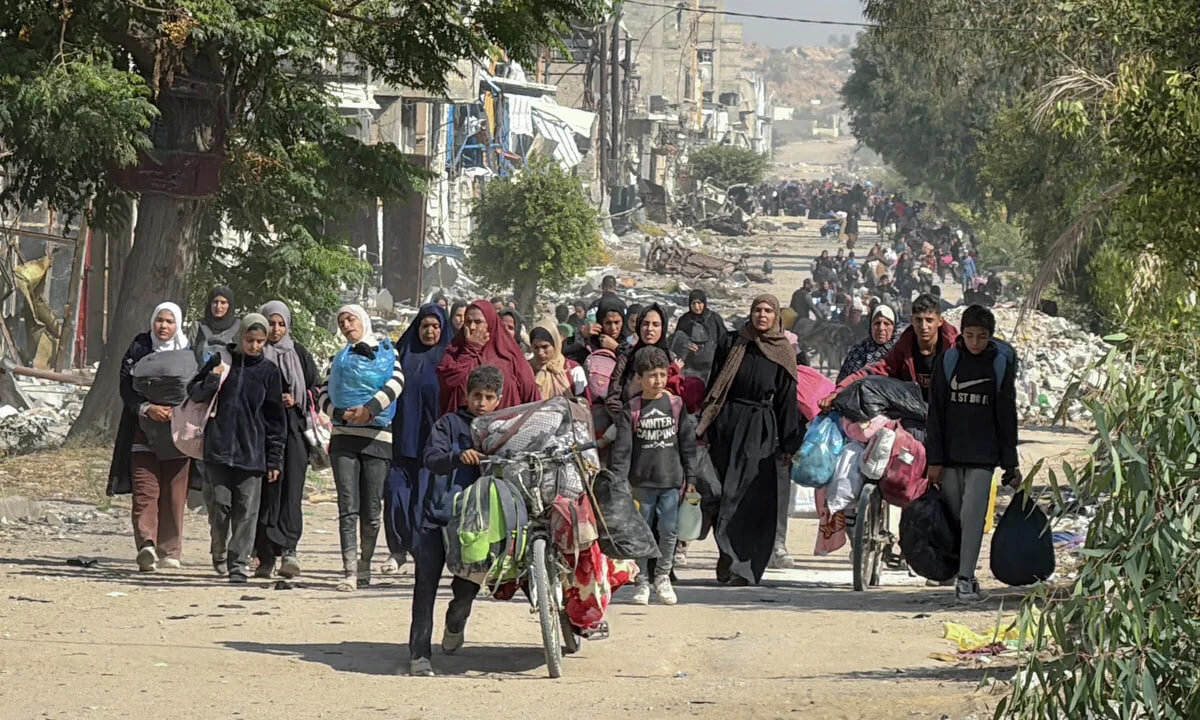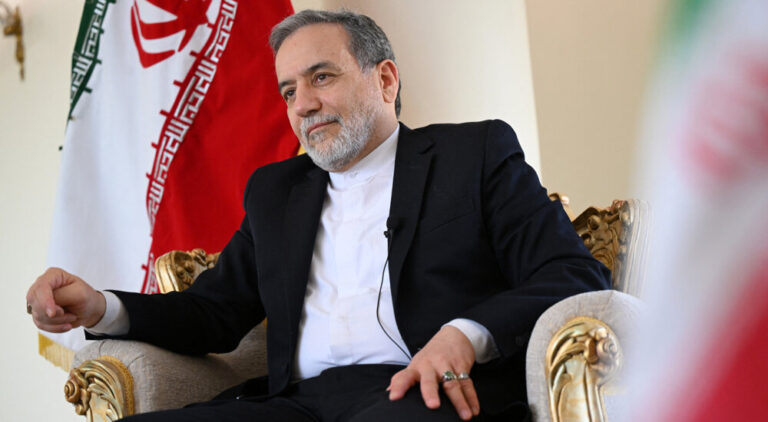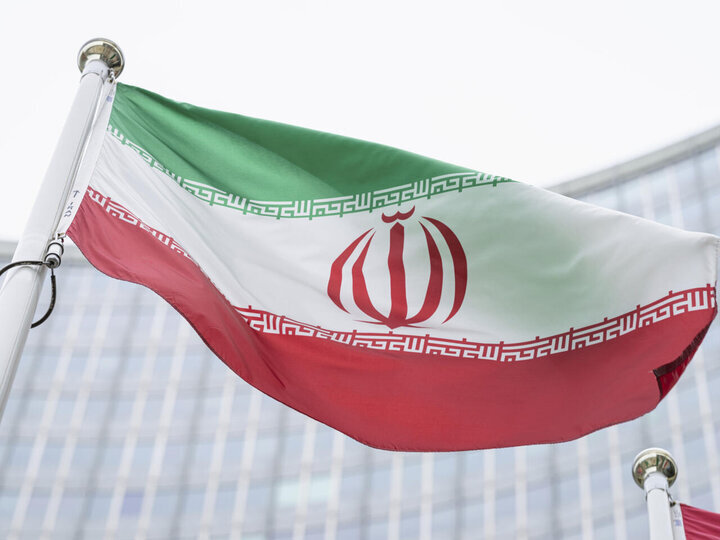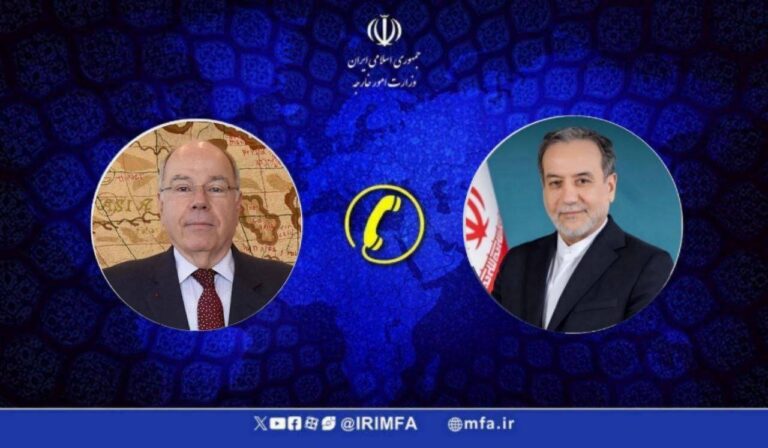Israel Braces for Mass Exodus: 50% of Gazans Expected to Flee Amid Full-Scale Military Assault
As the situation in Gaza intensifies, Israeli Prime Minister Benjamin Netanyahu anticipates a massive shift as military operations ramp up. With an estimated half of Gaza’s 2.3 million residents expected to evacuate, the Israeli government prepares for an all-out assault aimed at dismantling Hamas once and for all. This impending operation has sparked significant dialogue concerning the implications for both regional stability and U.S.-Israel relations.
In light of these developments, Omar Rahman, a notable fellow at the Middle East Council on Global Affairs, has shared insights on the ongoing dynamics. He highlighted that President Trump’s recent visit to the region has raised numerous questions about Israel’s military actions in Gaza and its relationship with the United States, traditionally viewed as its strongest ally.
As tensions escalate, the U.S. is engaging in direct negotiations with Iran, Hamas, and the Houthis in Yemen, all without Israeli participation. This has led many experts to ponder the current state of Israel’s relationship with the Trump administration, particularly under Netanyahu’s leadership.
Rahman noted, “There’s been a lot of talk that Trump might recognize a Palestinian state. Obviously, that would be a huge breakthrough, a huge development,” during an interview with Al Jazeera. This statement underscores the shifting geopolitical landscape and the potential for significant changes in policy regarding the Israeli-Palestinian conflict.
The situation is further complicated by the humanitarian crisis unfolding in Gaza. As violence escalates, the international community is closely monitoring the impact on civilians. The potential displacement of millions raises urgent concerns regarding humanitarian aid and the future of peace negotiations in the region.
- Israeli Military Operations: Israel’s military is preparing for a decisive operation aimed at defeating Hamas.
- Population Displacement: Netanyahu anticipates that approximately 50% of Gaza’s population will be forced to leave their homes.
- U.S. Engagement: The Trump administration is holding talks with key regional players without Israeli involvement, stirring questions about the U.S.-Israel dynamic.
- Potential for Palestinian Statehood: Discussions around the recognition of a Palestinian state could represent a significant shift in U.S. policy.
The implications of these events extend beyond the immediate conflict. The Israeli government must navigate a complex web of alliances and tensions as it contemplates its next moves in Gaza. The possibility of U.S. recognition of a Palestinian state could alter diplomatic relations and influence the course of future negotiations.
As the world watches, the humanitarian crisis in Gaza continues to unfold, with civilians bearing the brunt of the conflict. Aid organizations are calling for urgent assistance as the region braces for further escalation. The international community is urged to respond swiftly to alleviate the suffering of those caught in the crossfire.
In summary, the upcoming military actions by Israel against Hamas are set against a backdrop of shifting geopolitical alliances and humanitarian concerns. With the U.S. engaging in discussions with regional actors without Israel’s input, the dynamics of the Israeli-Palestinian conflict are likely to evolve significantly. The potential recognition of a Palestinian state could redefine the landscape, prompting a reassessment of long-held positions by both the U.S. and Israel.
As events unfold, it remains crucial for observers and stakeholders to remain informed about the developments in Gaza and their broader implications for peace and stability in the Middle East. The situation remains fluid, and the international community’s response will be vital in shaping the future of the region.






